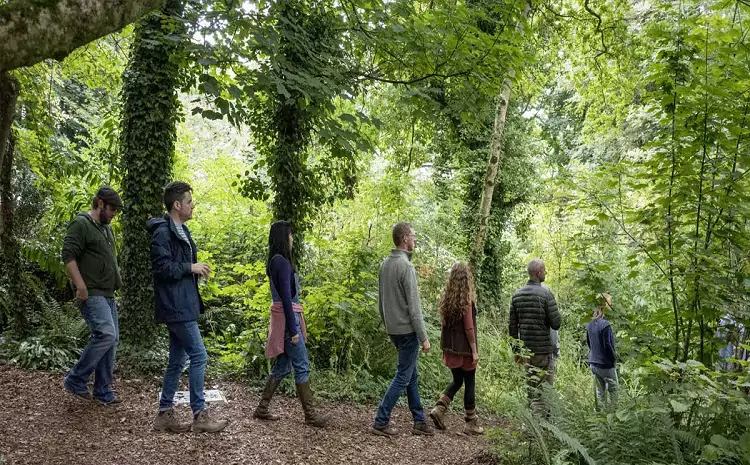In the fast-paced world we live in, finding tranquility and healing often means stepping away from the chaos and immersing oneself in the serenity of nature. Wilderness retreats have emerged as a powerful tool in aiding mental health recovery, offering a unique blend of nature’s calm and therapeutic interventions. This article explores how these retreats contribute to mental health wellness and why they are becoming an increasingly popular option for those seeking peace and healing.
The Healing Power of Nature
Embracing the Great Outdoors
The concept of finding solace in nature is not new. The calming effect of natural environments on the mind is well-documented. Wilderness retreats leverage this natural tranquility, offering a peaceful setting that stands in stark contrast to the often stressful urban or suburban environments where many people live.
Key Benefits of Wilderness Retreats
A Holistic Approach to Recovery
- Stress Reduction: Nature has a profound impact on reducing stress levels. The serene surroundings, fresh air, and quiet of the wilderness can significantly lower cortisol levels, the body’s primary stress hormone.
- Improved Mood: Regular exposure to nature has been linked to improved mood and reduced feelings of anxiety and depression. The simplicity and beauty of the natural world provide a sense of calm and well-being.
- Enhanced Mindfulness: Being in nature encourages a state of mindfulness. This heightened awareness of the present moment helps individuals in recovery to focus on their inner experiences and healing processes.
- Physical Activity: Wilderness retreats often involve physical activities like hiking, canoeing, or yoga. These activities not only improve physical health but also have positive effects on mental well-being.
- Building Resilience and Self-Efficacy: Overcoming challenges in a wilderness setting, like navigating a hiking trail or setting up camp, can build resilience and a sense of achievement.
For those interested in exploring how nature impacts mental health, resources like the American Psychological Association provide insightful research and information.
Integrating Therapeutic Interventions
Combining Nature with Professional Support
While the wilderness offers a healing backdrop, the integration of professional mental health support maximizes the benefits. Many wilderness retreats include therapy sessions, group discussions, and mindfulness practices, guided by trained mental health professionals.
Case Studies and Success Stories
Real-Life Transformations
Numerous studies and personal anecdotes highlight the transformative power of wilderness retreats in mental health recovery. Participants often report significant improvements in their mental health, citing the combination of nature’s healing presence and professional guidance as key factors.
Choosing the Right Wilderness Retreat
Finding a Fit for Your Needs
When selecting a wilderness retreat for mental health treatment, it’s important to consider the type of program, the qualifications of the staff, and the specific mental health services offered. Personal goals and preferences should also play a role in this decision.
Conclusion
Wilderness retreats represent a unique and effective approach to mental health recovery. By combining the therapeutic properties of nature with professional mental health support, these retreats offer a comprehensive, holistic path to healing and peace. For those seeking a respite from the stresses of daily life and a supportive environment to work through mental health challenges, wilderness retreats provide an ideal setting for recovery and rejuvenation. As more individuals turn to nature for healing, wilderness retreats stand out as a beacon of hope and transformation in the journey towards mental wellness.

